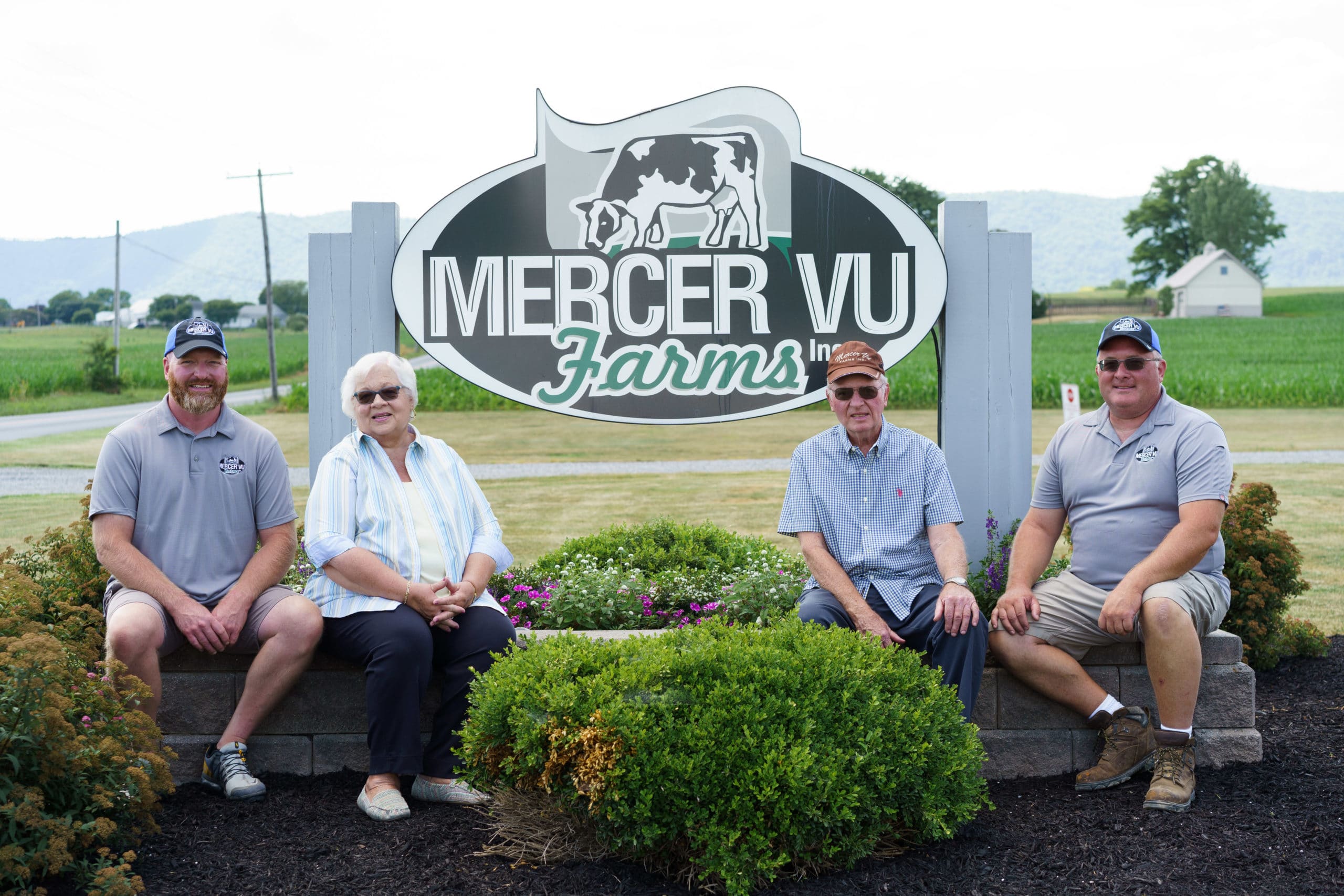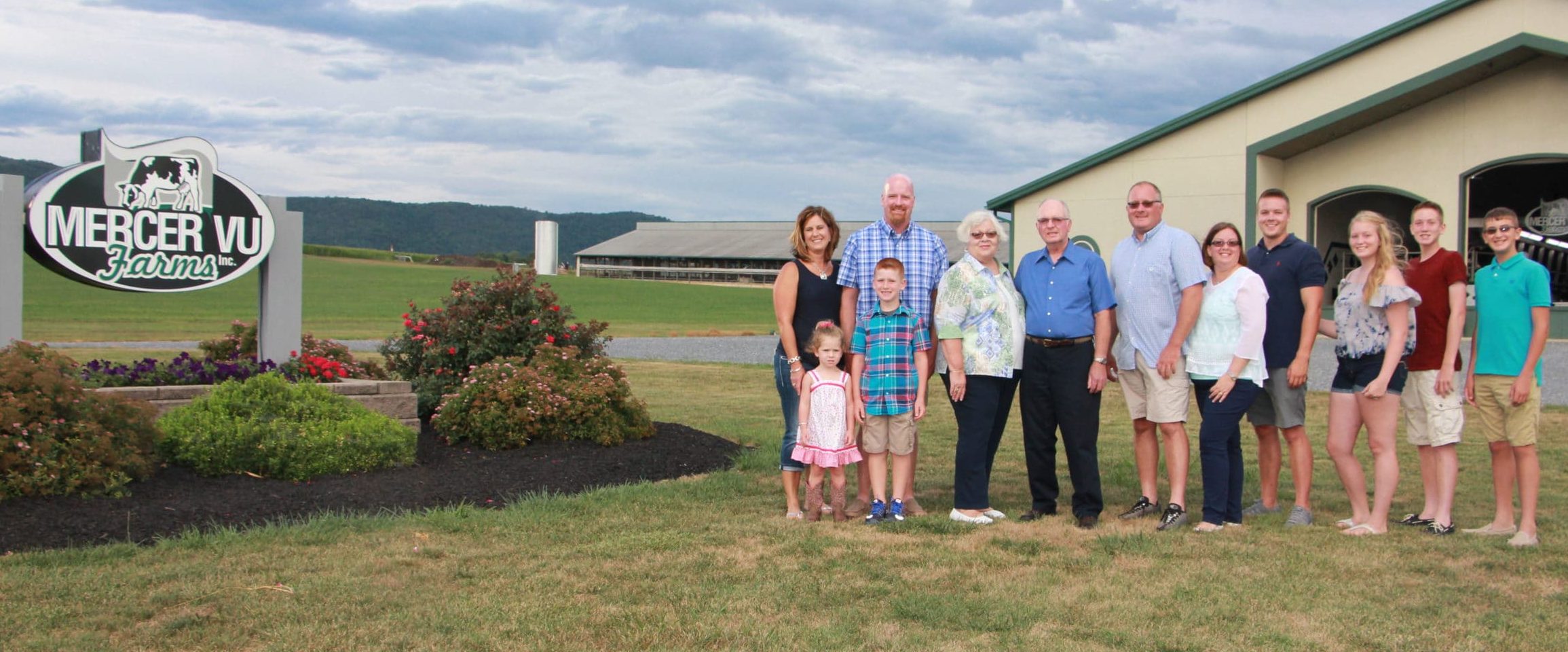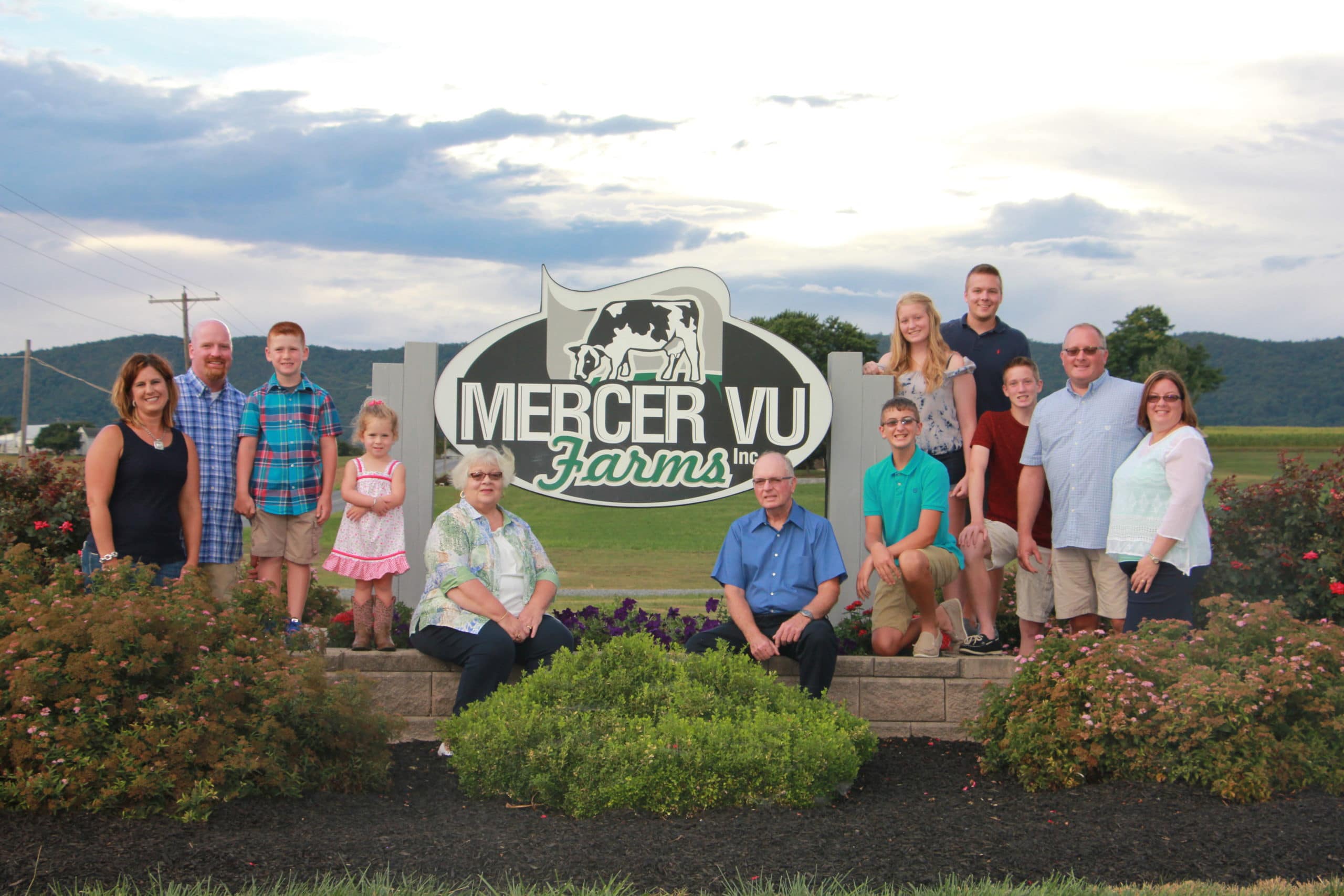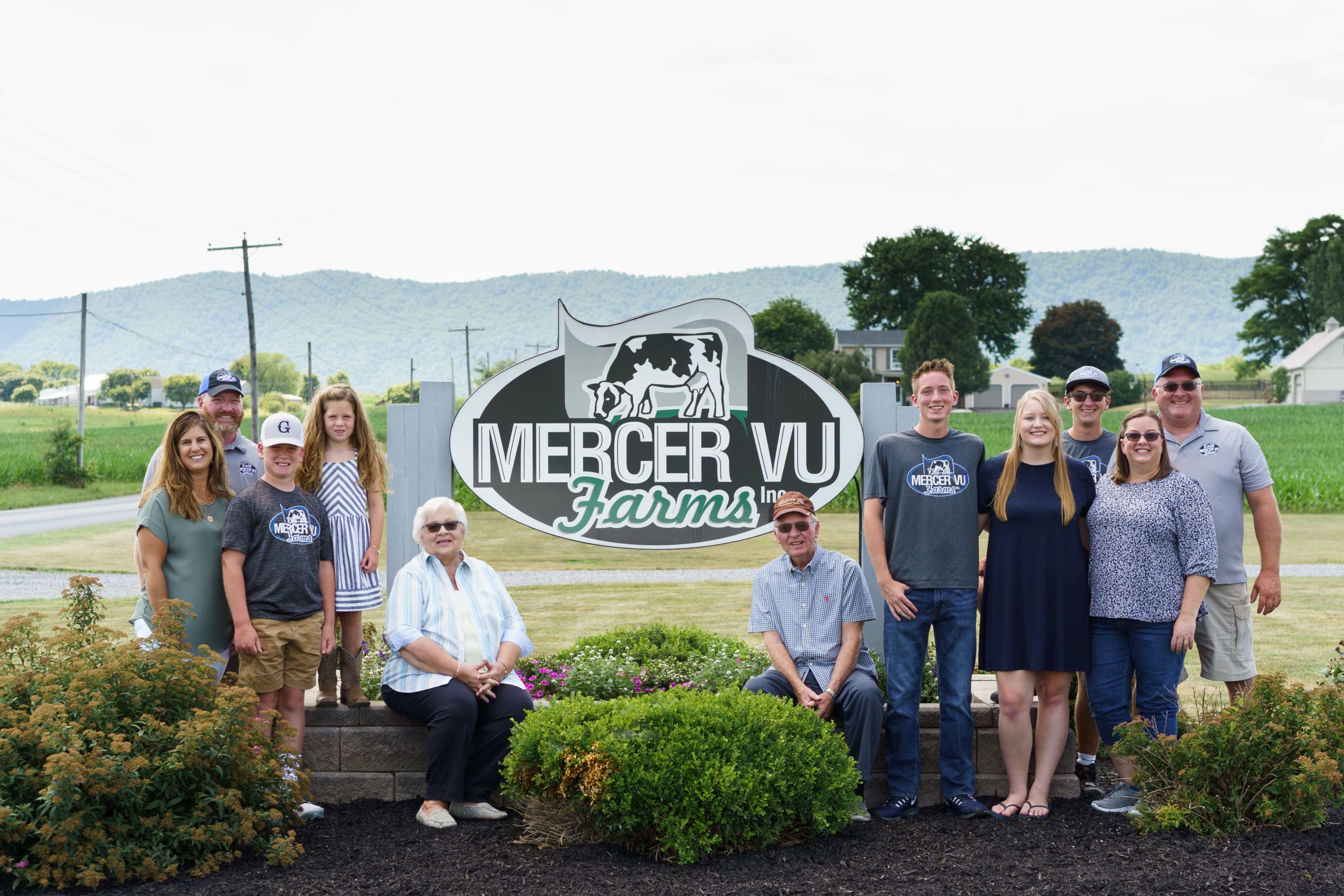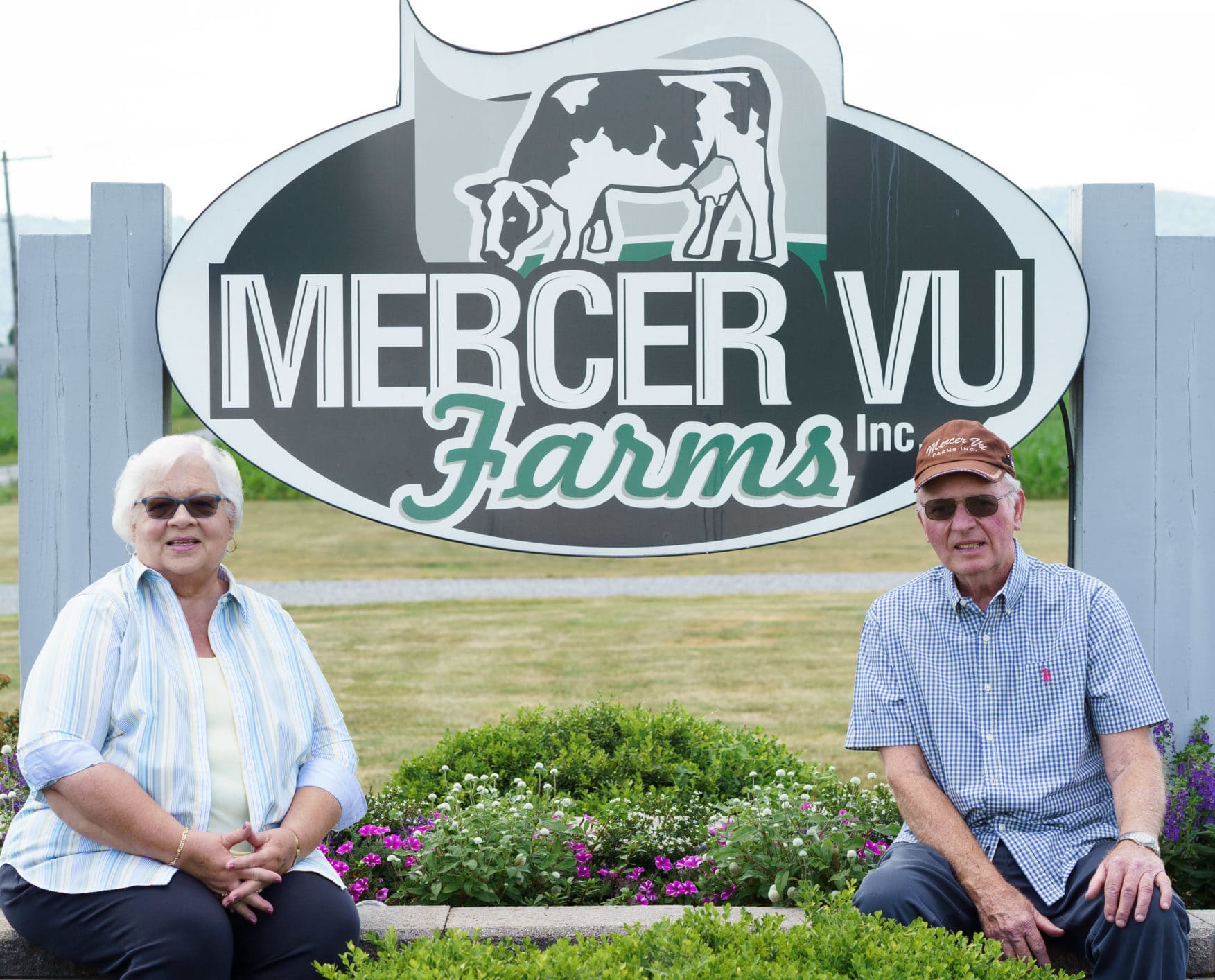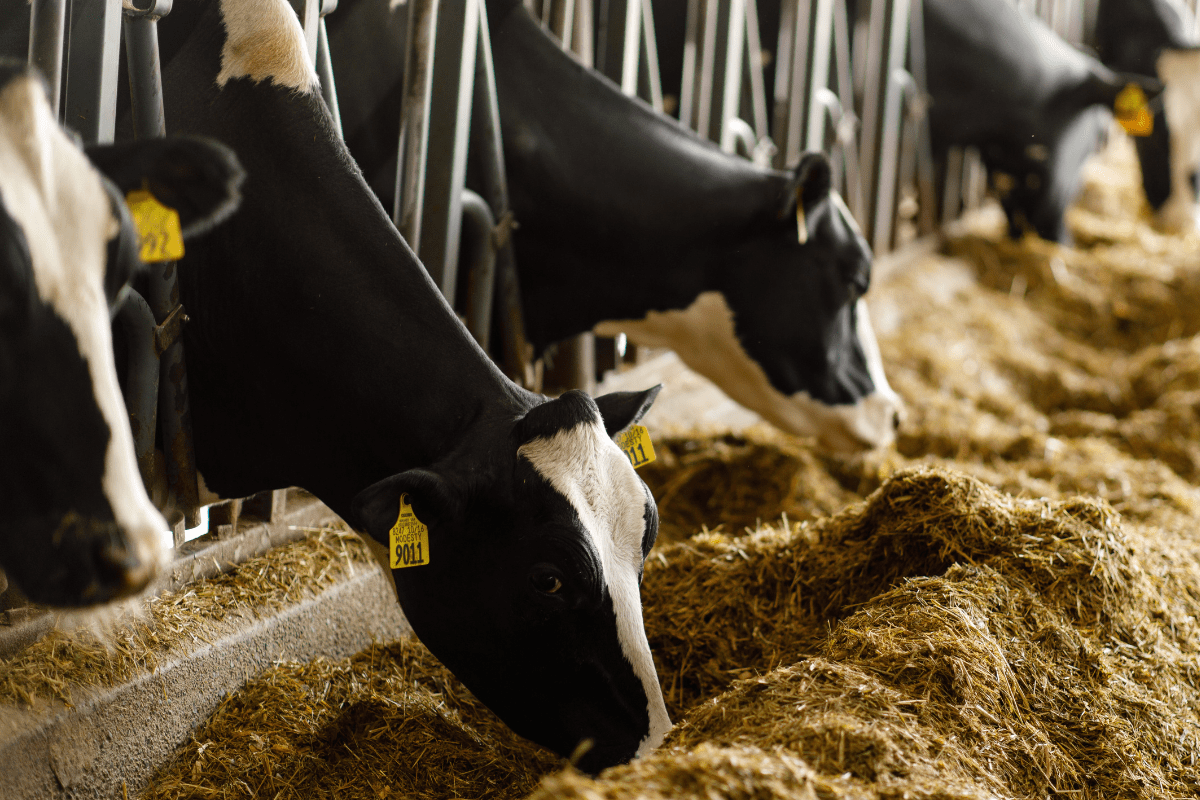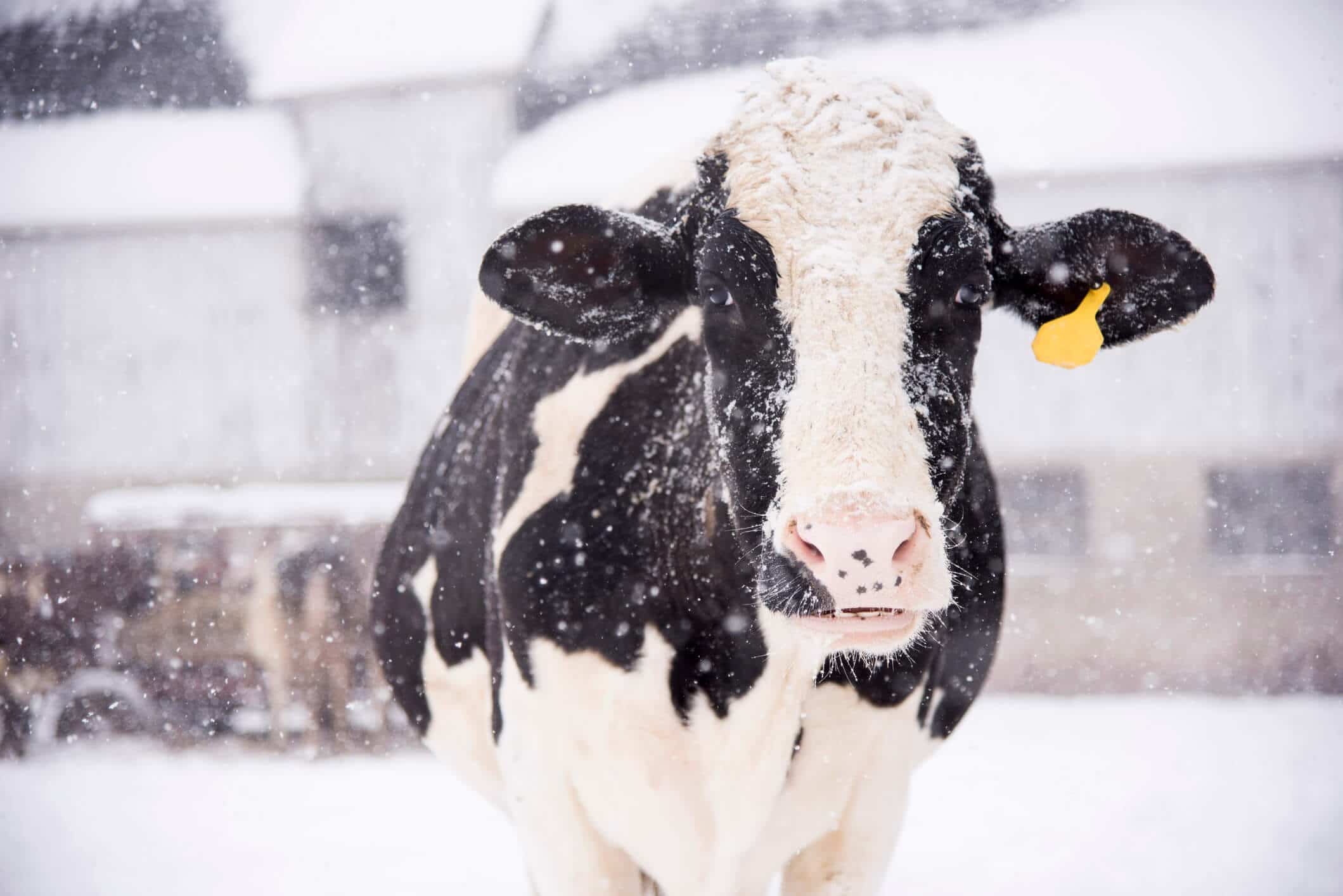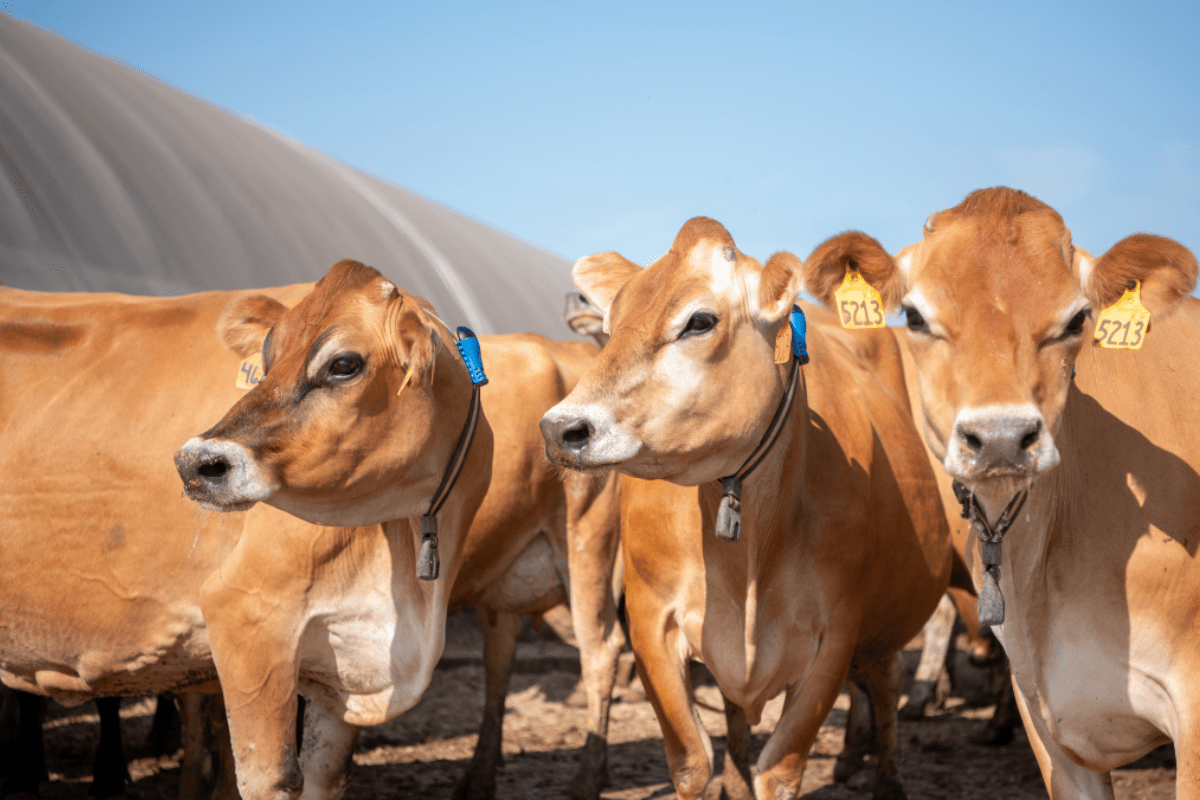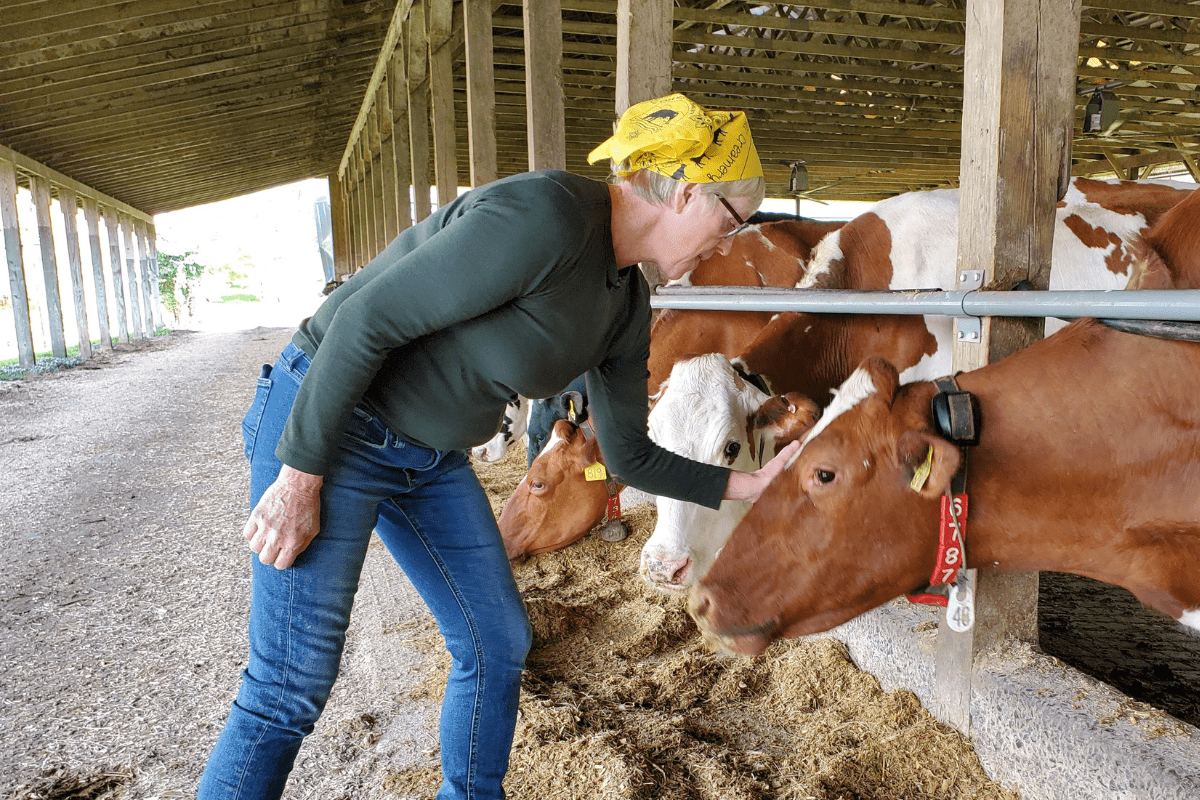Recycling to Reduce Greenhouse Gas
When Mercer Vu Farms built their new headquarters in 2002 more than 10 miles from their fields, they needed to implement a new manure management system that would cut down on hauling heavy liquid manure So, the farm began separating manure into sand, dry manure and liquid manure, which has saved the farm money and has reduced pollution. The sand is used for bedding, the dry manure is composted, and the liquid manure serves as crop fertilizer.
With these changes, the farm was able to improve the surrounding air and water quality, eliminating 3,500 tons of greenhouse gas emissions per year – or the equivalent of removing 740 cars from the road.
Recently the farm has taken on stream restoration projects to protect local waterways. And Mercer Vu continues to improve their manure storage and management system in an effort to reduce its environmental impact and emission of greenhouse gases.
“We strive to adopt good practices that make us more sustainable, and in most instances, make us a better business,” said dairy farmer Rick Hissong of Mercer Vu Farms. “Every farmer strives to understand what sustainable means to them and implement a plan to make it happen. And we are no different in that regard.”

